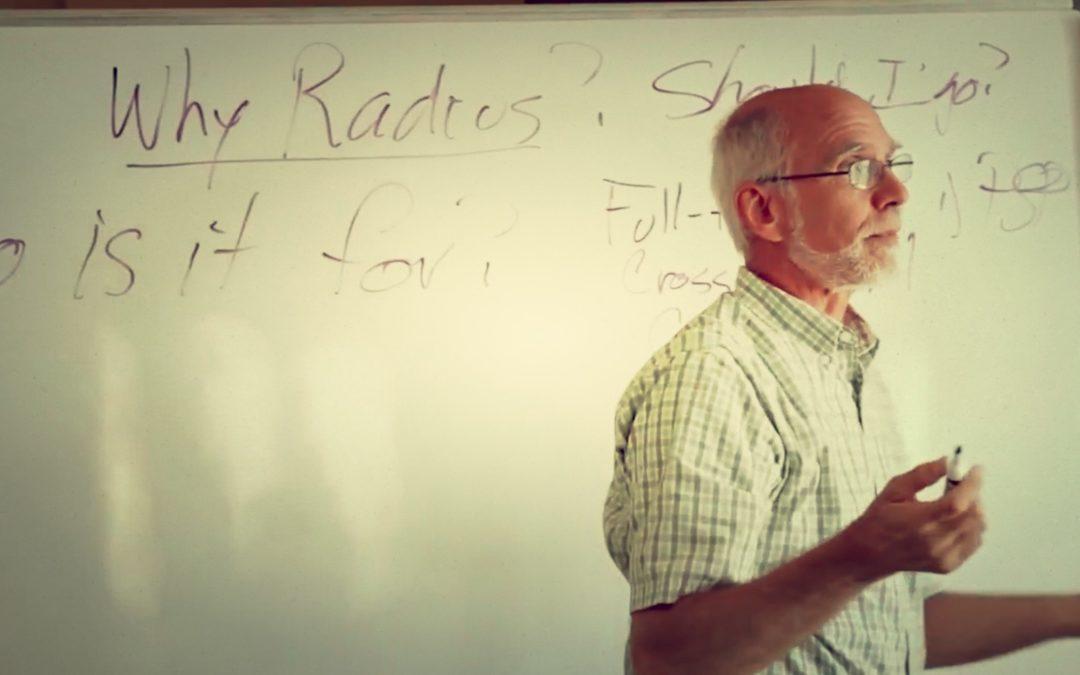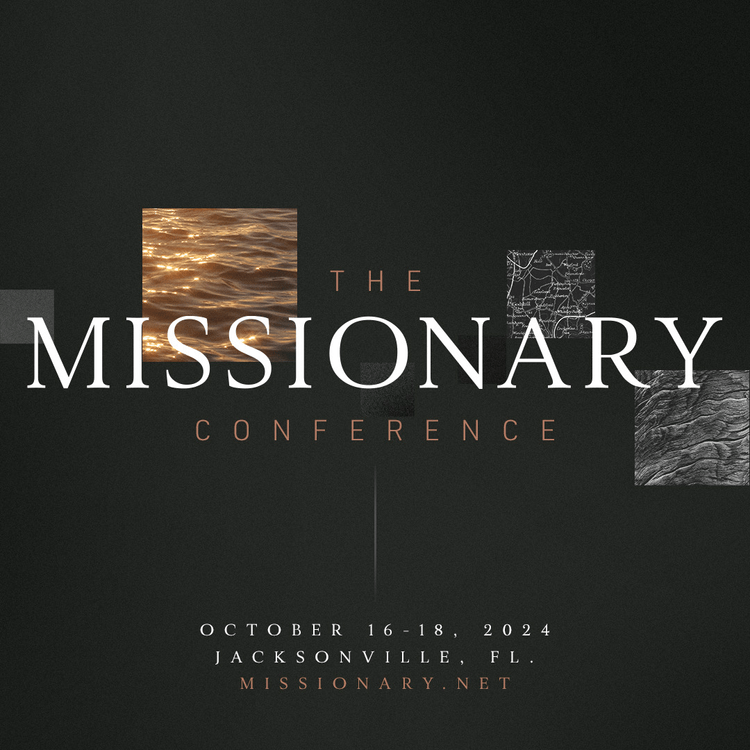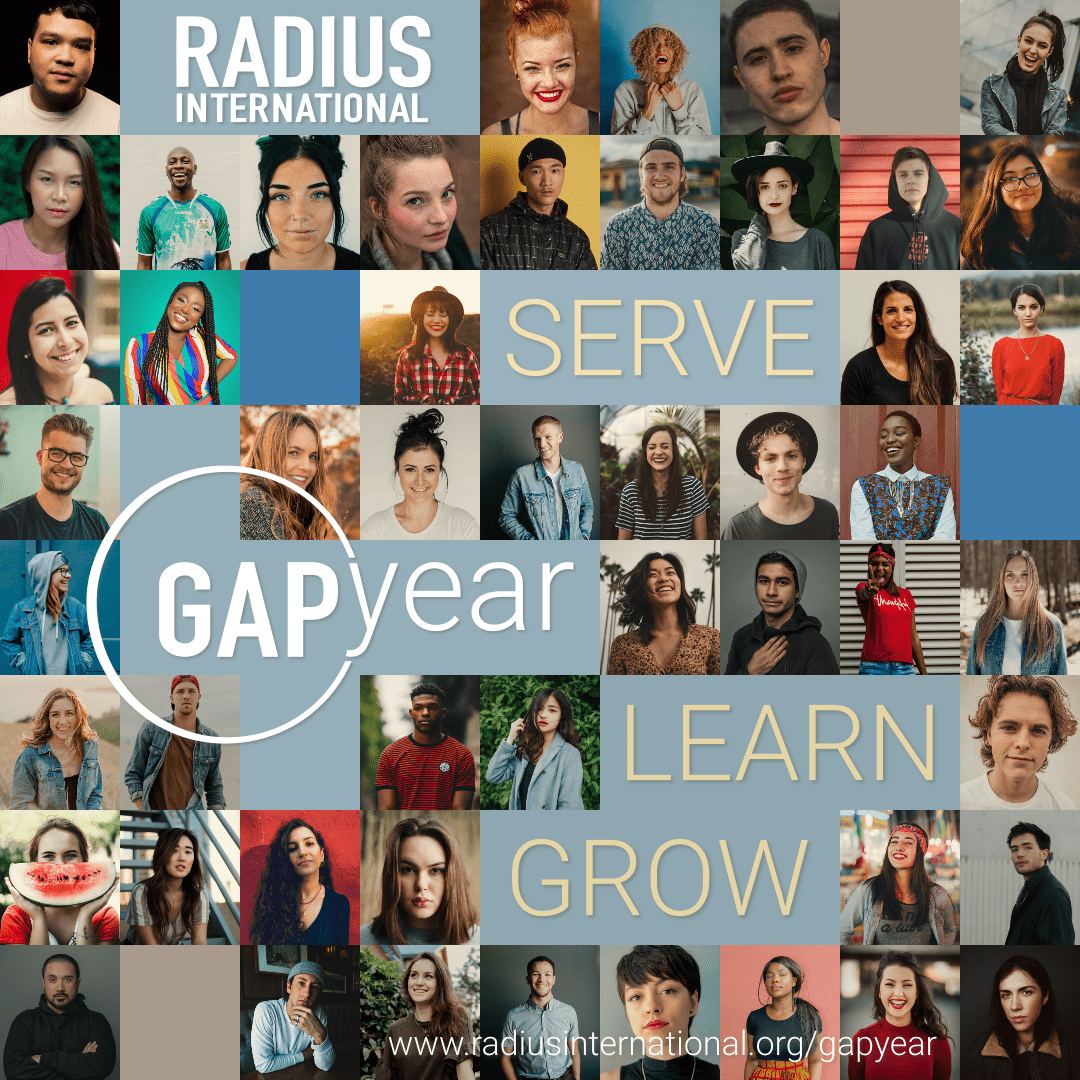We believe that the effectiveness of cross-cultural church planters can be increased and attrition reduced by intentional, comprehensive, pre-field missions training that addresses the character qualities (be), the understanding and information (know), and the skills and competencies (do), that are essential for cross-cultural church planters to not only survive, but to be effective in their new contexts.
Radius International is committed to assisting the evangelical church and missions community by providing pre-field missions training that will equip cross-cultural workers to achieve their objective of partnering with Jesus Christ to establish healthy, indigenous, reproducing churches among unreached people groups.
Why Did We Create A New Missions Training Center?
Our founding board is made up of people who are deeply concerned about fulfilling the Great Commission by seeing churches planted among unreached people groups. In this pursuit, we have repeatedly encountered three distinct but interrelated dilemmas.
First
is the mobilizer’s dilemma.
Our desire is to provide a simple and effective “next step” for those who want to pursue cross-cultural church planting.
Two of our founding board members are missions mobilizers, who canvas the evangelical church, challenging Christians to take the Great Commission seriously and become cross-cultural church planters. As individuals accept this challenge, they ask an important question: What do I do next? Based on the current state of missions training, the answer to this question has been surprisingly complex and problematic. Our desire is to provide a simple and effective “next step” for those who want to pursue cross-cultural church planting.
Second
is the educator’s dilemma.
Our desire is to provide effective practical training for students who have already received the necessary biblical and theological training.
Two of our founding board members are educators at a Christian Bible College. As they train students in the Bible, theology, and ministry, they have discovered the need to partner with a missions training center that will take their missions-minded students through the next steps. For reasons explained below, they have had a surprising amount of difficulty in finding the right missions training center to partner with. Our desire is to provide effective practical training for students who have already received the necessary biblical and theological training.
Third
is the local church’s dilemma.
Our desire is to provide that next step for missions-minded church members.
Two of our founding board members work in the context of the local church. As they seek to spread a passion and vision for global missions in their churches, they have found it difficult to point their members toward an effective next step. Our desire is to provide that next step for missions-minded church members.
Limitations That We Seek To Overcome At Radius
Radius is not the only missionary training effort, nor are we the first. Anyone taking on the daunting challenge of equipping God’s people to be effective in church planting among unreached peoples is aware of their limitations. Radius was founded – and continues its development – in order to address and overcome by God’s grace, the limitations that are often found in pre-field missionary training centers. Here are six categories of the most common training limitations that Radius is designed to overcome:
- Overly Academic – In this model, the focus is almost exclusively on knowledge and information and little, if any, attention is given to developing character or skills in necessary areas.
- Narrow Discipleship – In this model, the focus is on being a passionate follower of Jesus, but little time is given to the necessary understanding and skills to engage in effective cross-cultural ministry.
- Incomplete Mentorship – In this model, those who have spent time on the mission field—in some cases, those who have merely read about the mission field—mentor students in informal settings, focusing exclusively on spiritual growth. This model typically assumes that personal godliness will be enough, but lacks the intentionality and resources to fully equip church planters for the things they’ll face on the field.
- Out of Context Exposure – This model operates under the assumption that spending time with Muslims, Hindus, Buddhists, etc. in the U.S. will adequately equip trainees to plant cross-cultural churches among the same religious groups overseas. This approach does not adequately account for the dynamics of cross-cultural ministry, and the uniqueness of the unreached people group context.
- Too Condensed – Many training centers in this model have the right elements in place, but don’t give them nearly enough time or attention to take root in the learners. Often, this condensed approach is offered either because many Agencies don’t require more, or because of the mistaken idea that trainees would be unwilling to devote more time to their preparation.
- Limited Scope – This is when excellent training is provided, but only in one or two areas (e.g., language acquisition or church planting), or for one specific ministry context (e.g., Muslims or tribal groups).
In light of these limitations, Radius International seeks to provide a holistic approach to training cross-cultural church planters that will incorporate all of the positive elements of the six categories listed above while at the same time avoiding the pitfalls.




